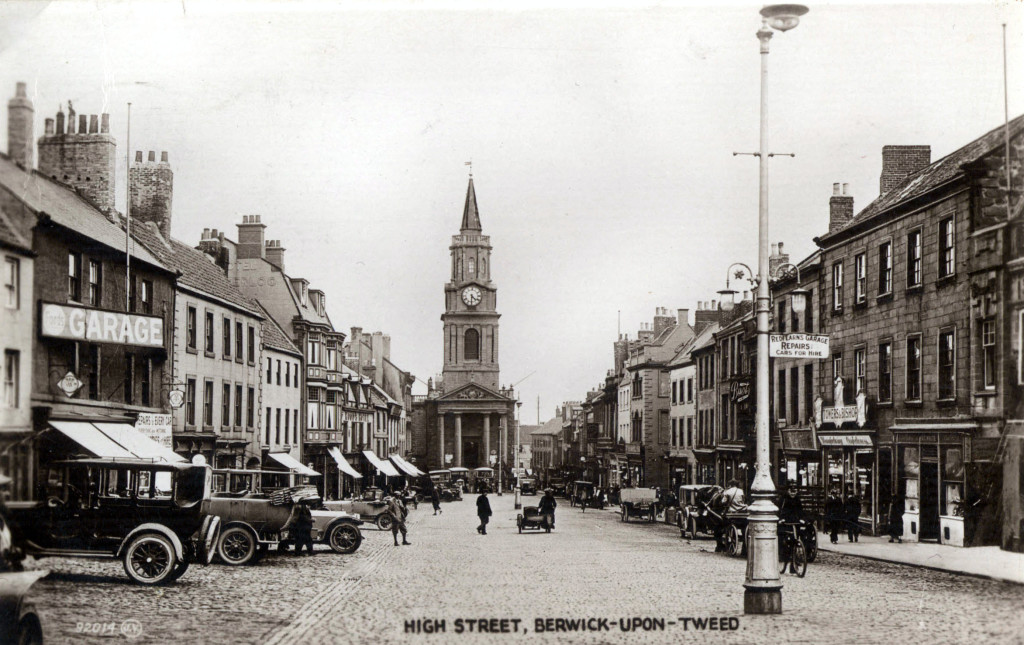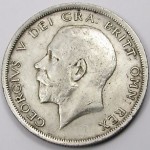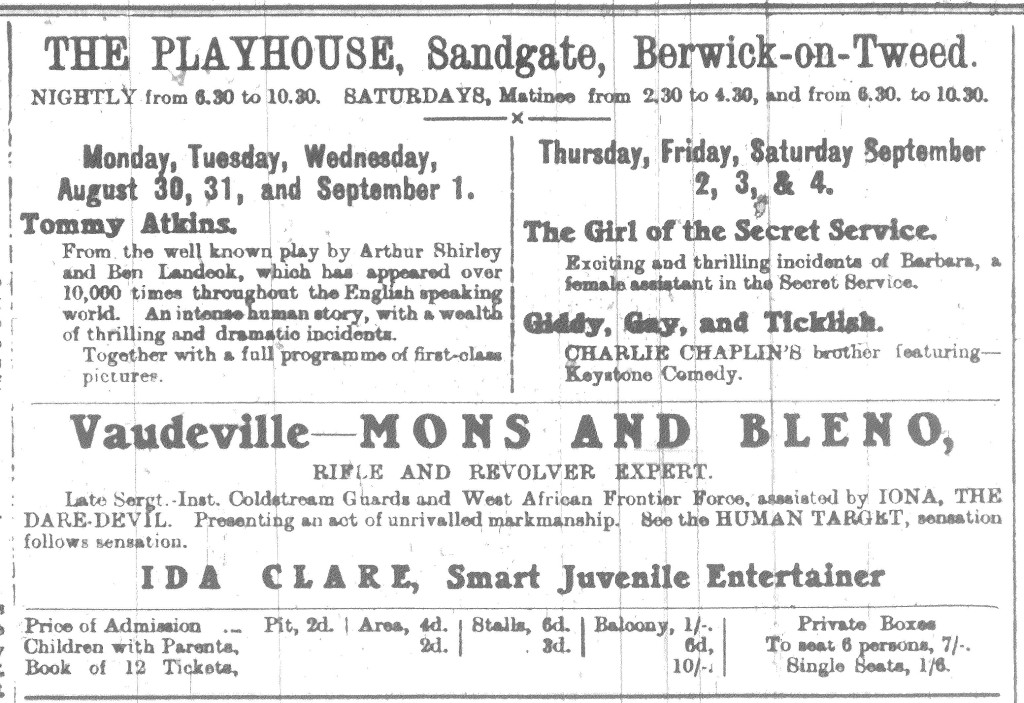RIOT AT THE ALNWICK MARCH HIRING!
On Saturday, 6th March 1875, a disturbance in the Angel Inn was to end with the death of a local man.

The events that took place that afternoon were described by the Alnwick Mercury published on the 13th March as ‘RIOT AT THE ALNWICK MARCH HIRING’.
March hiring’s were a common practice in England, it was a time for farmers to hire workers for the next twelve months. The 1875 hiring’s saw a great number of agricultural labourers arriving in Alnwick as well as large number of pitmen from the surrounding collieries. The Alnwick Mercury described that Saturday as “such a concourse evidently contained the elements of tumult and disorder; and what made matters worse was that there was more than the ordinary drunkenness, as the rain that fell heavily during great part of the day drove the people to resort to the public-houses to a much greater extent than would otherwise have been the case.”
The disturbance in the Angel Inn was down to two brothers, John and Thomas Waite. John Waite had been drinking in the Angel and was worse for the drink that he had consumed. The Alnwick Mercury reports that he behaved in a “riotous and noisy manner” in a downstairs room and even worse when he went upstairs. The article continues with “he was so violent that at length Mr (John) White, the landlord, sent for the police to put him out.” When the police arrived, they asked Waite to leave the premises but he refused and continued to act in a violent manner. Waite was taken hold of by the two constables with a view to eject him from the inn but as they walked down the stairs, he broke free and returned to the upstairs room. The constables recaptured him and this time were able to get him downstairs where he was pleaded with to go home quietly. Instead of doing so, Waite punched one of the constables, P C Robinson, causing him to stagger. Waite grappled with the constable and unable to shrug him off, P C Robinson drew his baton and struck Waite on the side of the head.
The constables then brought their prisoner out of the Angel Inn yard onto Fenkle Street with the intention to escort him to the police station on St. Michael’s Lane. To do this, they had to cross an open space which was crowded with people. It was at this stage that Thomas Waite grabbed his brother in an attempt to rescue him and a number of the crowd joined in to help him. The constables were able to hold onto their prisoner and tried to make their way through the drunken crowd. It was at this stage that Police Sergeant John Hately and two other constables made their way through the crowd to assist P C Robinson and P C Connell. The report states that the route to the police station was packed with almost two thousand people, most of whom were drunk and jostling the policemen. Due to the pressure of the crowd, the policemen and their prisoner were forced to the Shambles on the opposite side. It was here that John Waite was rescued from the police by his friends.
The police formed a line in front of John Dickman’s shop and wielding their batons, were able to clear a space in front of them. Not wanting to provoke the crowd further, Sergeant Hately decided that he and his men should make their way over to the entrance to the nearby Correction House Yard where they could more easily defend themselves should the need arise. Leading his men forward, Sergeant Hately found himself surrounded by the mob and whilst defending himself he fell to the ground, ashen faced. The constables rushed forward to assist but the jeering crowd made it difficult. P C Robinson was first to reach Hately and as he was trying to lift Hately to his feet, he was kicked and jostled by the drunken crowd. Eventually the constables were able to carry Hately and force their way to the police station. Medical assistance was called but to no avail, he was declared dead. The post mortem was held on Sunday, 7th March by Dr A J Main who found no wounds on Hately’s body, but an examination of Hately’s heart found evidence that he had died of a heart attack. Sergeant John Hately left a widow and eight young children.
It was nearly 5 o’clock before the riotous crowd dispersed into smaller groups, both John and Thomas Waite were apprehended and taken to the cells in the police station. The next day, Monday 8th March, saw both brothers in court where the magistrate, Mr H Lisle, ordered them to be remanded for eight days. The Waite brothers, together with six others were charged with assaulting and resisting Police Constables Robinson and Connell in their execution of their duty. All eight appeared in front of the town’s magistrates on Saturday, 20th March and after hearing the evidence, John and Thomas Waite and the other six were all fined the sum of £10 with failure to pay would result in three months imprisonment. All paid their fines except for one, a Thomas Dunn, who was sent to prison.

This piece has been researched and produced by a volunteer working on the Dickson, Archer and Thorp Project. We would like to thank him for his work.





